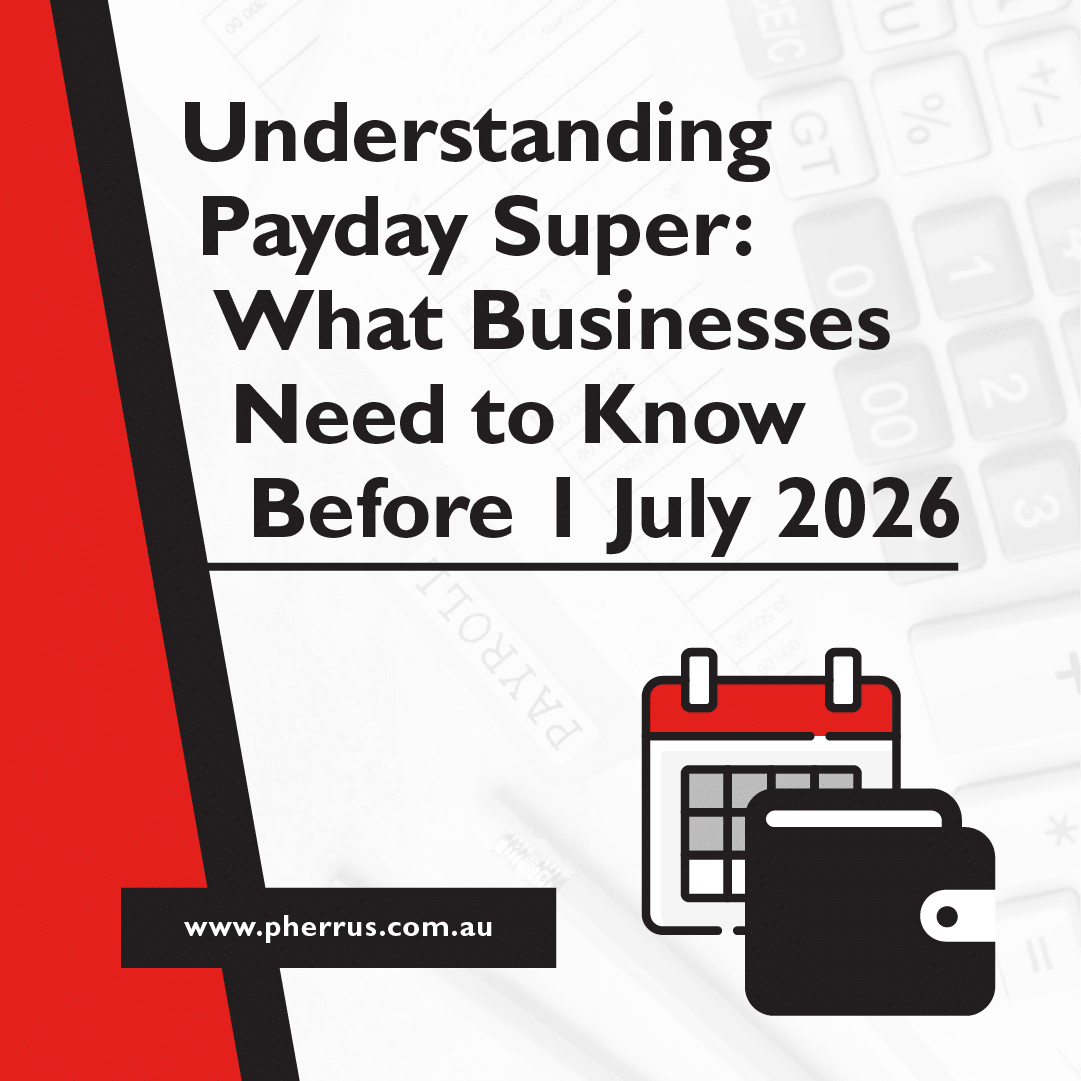Understanding the complex and ever-changing tax compliance regulations is a challenge for every small business. On top of keeping up with changes, you must also closely follow the regulations for proper recording of tax compliance transactions. According to Australian Taxation Office Assistant Commissioner Jennifer Moltisanti, errors on taxpayer Business Activity Statements (BAS) can create unnecessary costs for your business. She encourages small and medium businesses to rely on the expert advice of registered professional tax agents. This can help you avoid some common mistakes in tax compliance accounting.
Avoiding BAS Errors
A common mistake that businesses make in the area of tax compliance accounting is assuming that their accountant will catch any and all errors when they compile their BAS for them. This is not the case. Even when recording errors are found during this process, it will require many hours of work to go through all the affected transactions and make the proper corrections. There is a better solution, one that will offer tax minimisation but avoid costly time correcting mistakes.
The solution, as Moltisanti suggests, is to enlist the services of a trusted tax adviser ahead of time. Instead of waiting to find out what you have done wrong after the fact, meet with your accountant at the beginning of the reporting period. Partnering with a trusted accounting professional as an adviser on your daily recording procedures can save you valuable time and money. It will also assure that the preparation of your BAS is quick and smooth.
Your Accountant as a Business Strategy Adviser
In addition to advising you on proper tax compliance recording, developing and reviewing tax minimisation strategies is another way you can benefit from the trusted counsel of an experienced accountant. Sydney business owners who meet regularly with their accountants can reap greater benefits. Larger corporations have understood the value of ongoing advice from their tax accountants and have become adept at tax minimisation, leaving small- to medium-sized Australian companies to bear a bigger burden. It’s time for that to change.
Our company enjoys trusted relationships with our clients that go far beyond the preparation of financial statements and tax filings. We meet with our clients regularly throughout the year to review their tax minimisation strategies and compliance efforts. Small- and medium-sized businesses are ready to succeed in the competitive Sydney economy — they just need the right help from their tax advisers.
These are the thoughts and opinions expressed by Kris Prasad.




